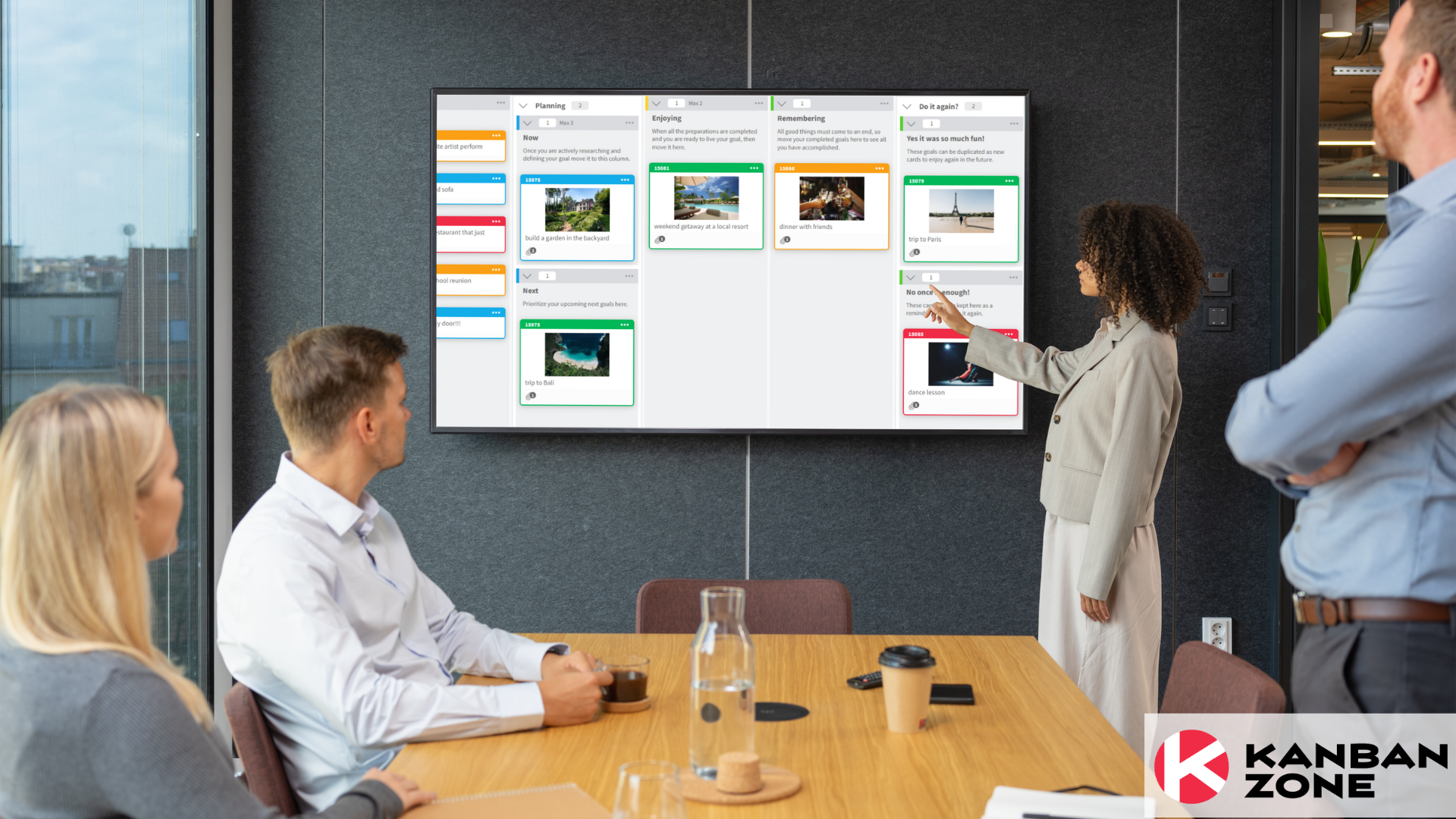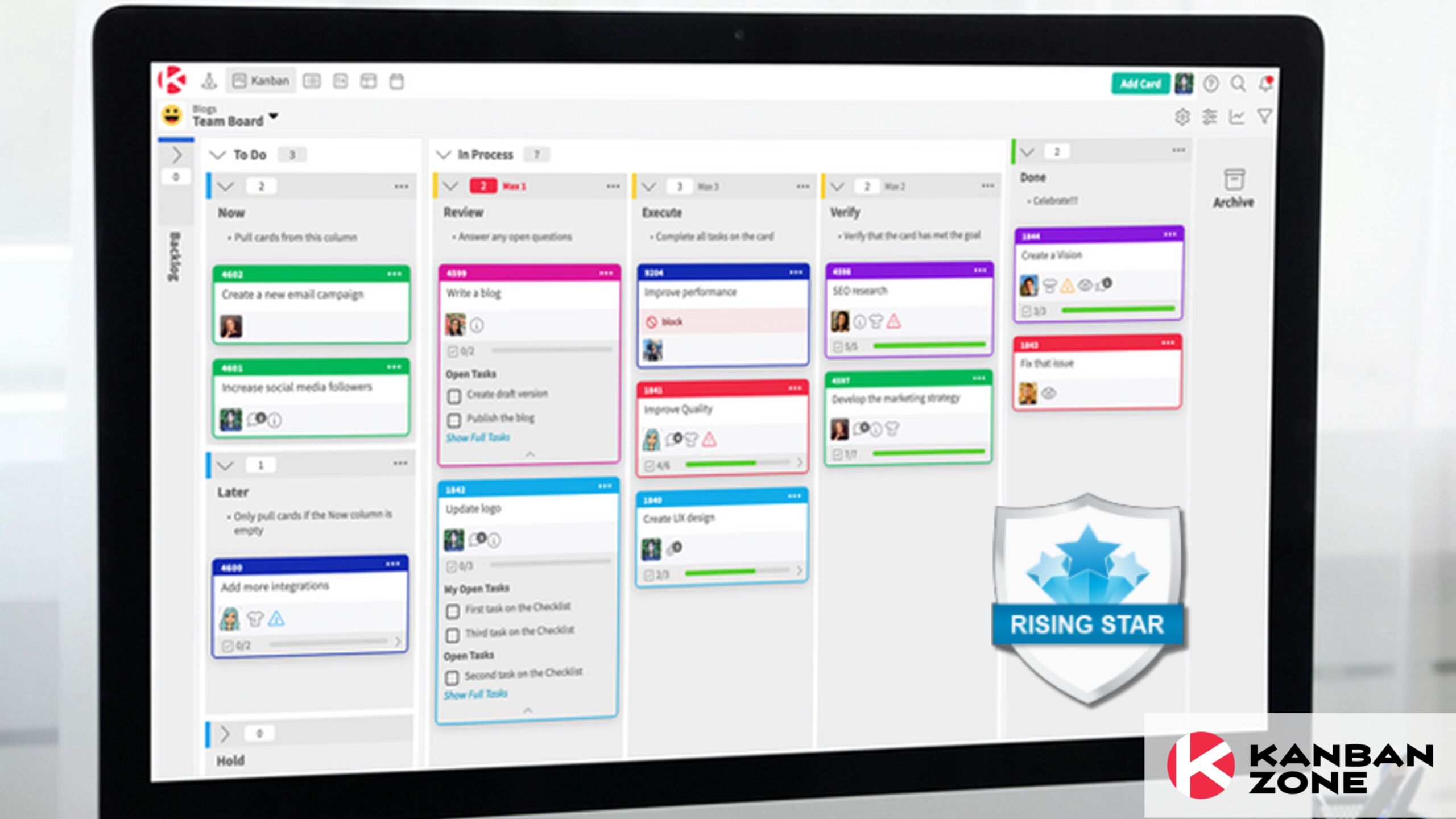
Advancements in technology have enabled us to accomplish various tasks more efficiently and with less hassle. One of these advancements, the internet, has paved the way to so many possibilities for us, that now, we can use it for more than just an information resource. With the right tools and with a good internet connection, you can now handle business transactions, get tasks done, schedule meetings and even attend events online. In fact, nowadays, you can easily plan a virtual event anytime you need to schedule one. But to run successful virtual events, you need to know how to do the virtual event planning properly. Here are nine tips on how to plan an event successfully online.
1. Focus on what your audience wants or needs.
The difference between virtual and actual events is that, on virtual ones, you have less control of what your audience can do or focus on. They can choose to do a different task while your event is ongoing, or worse, lose interest and log out of your event. This is why it’s important that you establish a clear and concrete reason as to why your audience should join you from the start until the end of your virtual conference. As a part of your virtual event planning, you should also see to it that you take into account the number of participants you can welcome to your event. If necessary, set limits to the number of people who can attend, especially if you want to be able to entertain every question that they might present, in case that is a part of your agenda.
2. Shorter is better.
Retaining the attention of your audience is a challenge that every event speaker or master of ceremony faces. To get past this, they see to it that they stick only to the important topics so as to cut the amount of time to a reasonable length. That’s why when it comes to virtual meetings or conferences, they should be done quicker, and as much as possible nowhere longer than 2 hours. Because the longer a virtual event runs, the more difficult it will be to retain the audiences’ attention.
3. Choose a virtual tool to help you manage your event.
As a virtual event planner, it’s important that you have the right tools handy to help you accomplish your planning and be ready in time for your virtual event. Among the many virtual event planning tools available online, a virtual Kanban board can be very handy in helping you straighten all the details of your event. It can help you keep track of all the tasks pending, your ideas for the event, guest speakers you might have in mind. You can simply create a Kanban card for each task, concept or important item that you need to prepare for your upcoming online event.

4. Identify the virtual event tools you will need.
When it comes to virtual events, there is more than one way of setting it up. With so many online video conference tools now available, you have a lot of options to check out. With that in mind, it’s important to have the right virtual event tool ready at least a week before your event proper. You will need to identify if the right platform based on the following considerations:
- Provides virtual conference landing pages for ease of sign-ups
- Helps you monitor the number of participants who actually signed up through by providing unique participant links
- Supports the number of your expected participants
- Meets your budget requirements
- Allows interaction with audience
- User-friendly
- Sends out virtual event reminders
- Provides post-event analytics report
5. Choose if you will do it live or recorded.
Another important consideration when it comes to virtual event planning is if you will be having it live or pre-recorded. A number of things can go wrong if you ever decide to do live virtual events. With a pre-recorded video you can outsource video editing and add extra audio, edit out any mistakes, or create special effects without worrying about the technical difficulties that come with live streaming. But you can also establish a better connection with your audience if you choose to go live. To make sure that your event goes off without a hitch either way, see to it that everything is prepared according to your plans and that all of your event tools are checked, tested and ready to use.
6. Find a professional looking venue.
One of the virtual event planning best practices that you should follow is choosing a proper venue for your event. This also applies to virtual ones, but of course, to achieve this, you will need to prepare, not just the right tools, but also the right environment and mood for your audience. This involves your background (which can be virtual or physical) which should be professional-looking.
7. Brand your event properly.
To make your event look and feel more appropriate and well-prepared, some event branding should also be considered. Look into branding your video and tying up your company’s brand with your virtual event. See to it that your company’s specialization or industry matches that of your virtual event. Most of the time, companies host these virtual events to grow their brand following or to entice more people to buy their products or services. If this is the case, professional branding is definitely essential.
8. If necessary, find a virtual event host.
No experience when it comes to handling virtual events? Then why not invite or hire someone who can do the event hosting for you. A professional event host, even for a virtual event can make a lot of difference in helping you make sure that your webinar, virtual meeting or virtual conference runs smoothly. They can also help you make sure that the discussions (if any) and the flow of the event goes as planned.

9. Practice and do trial runs.
Another important preparation step that you should do is to practice and do a trial run. Even if it’s just a virtual event, considering that many people will be watching and spending time with you virtually, you need to make sure that you provide them with the event that they are expecting, and as much as possible, deliver it without any issues, technical or otherwise. When doing trial runs, practice with a few audiences, which could be members of your team. This way, you can also check if your virtual conference tools are all working properly.
No matter what the purpose is of your virtual event, you should see to it that you are well-prepared for it. Poor planning can lead to failure, so see to it that you plan your event well. Even if it’s free or not, it’s still important that you plan a virtual event properly to be able to complete it as per your audience’s expectations. Having the right tools is important, both before and during the event. With the right preparation, any virtual event planner can handle any kind of virtual event without any problems.
Learn to Work Smarter, Not Harder!
Get our top articles weekly.
Table Of Contents
Discover many more posts…







